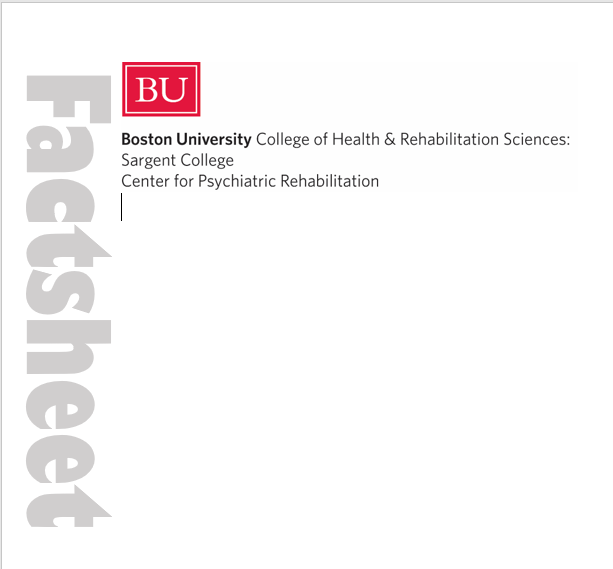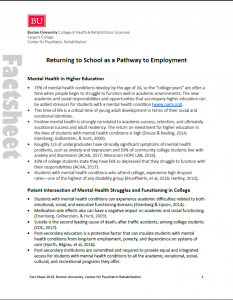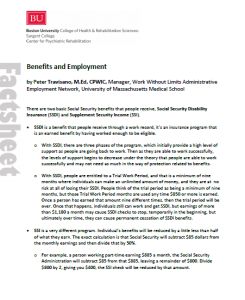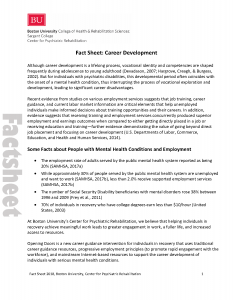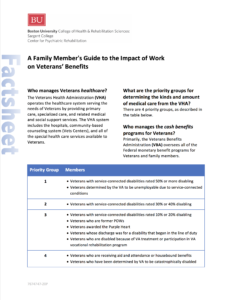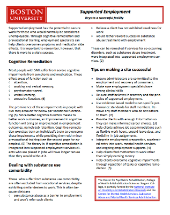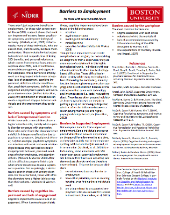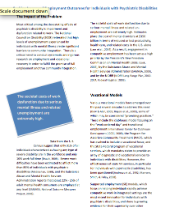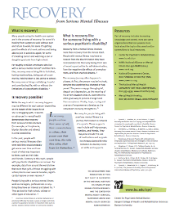Mental Health in Higher Education statistics show, for example, that 75% of mental health conditions develop by the age of 24, so the “college years” are often a time when people begin to struggle to function well in academic environments. The new academic and social responsibilities and opportunities that accompany higher education can be added stressors for students with a mental health condition (nami.org). …
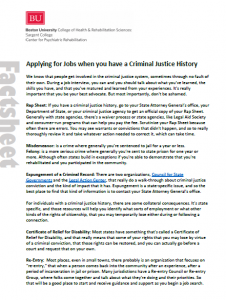 We know that people get involved in the criminal justice system, sometimes through no fault of their own. During a job interview, you can and you should talk about what you’ve learned, the skills you have, and that you’ve matured and learned from your experiences. It’s really important that you be your best advocate. But most importantly, don’t be ashamed.
We know that people get involved in the criminal justice system, sometimes through no fault of their own. During a job interview, you can and you should talk about what you’ve learned, the skills you have, and that you’ve matured and learned from your experiences. It’s really important that you be your best advocate. But most importantly, don’t be ashamed.
Supported employment has the potential to secure work for those who would normally be considered unemployable.
Through cognitive remediation and pre-vocational training, employment specialists can help clients overcome symptoms and medication side effects. It is important to remember, however, that there is more to a site’s success.
The Fact Sheet features the topical headings:
What is recovery?
Is recovery possible?
What is recovery like for someone living with a serious psychiatric disability?
